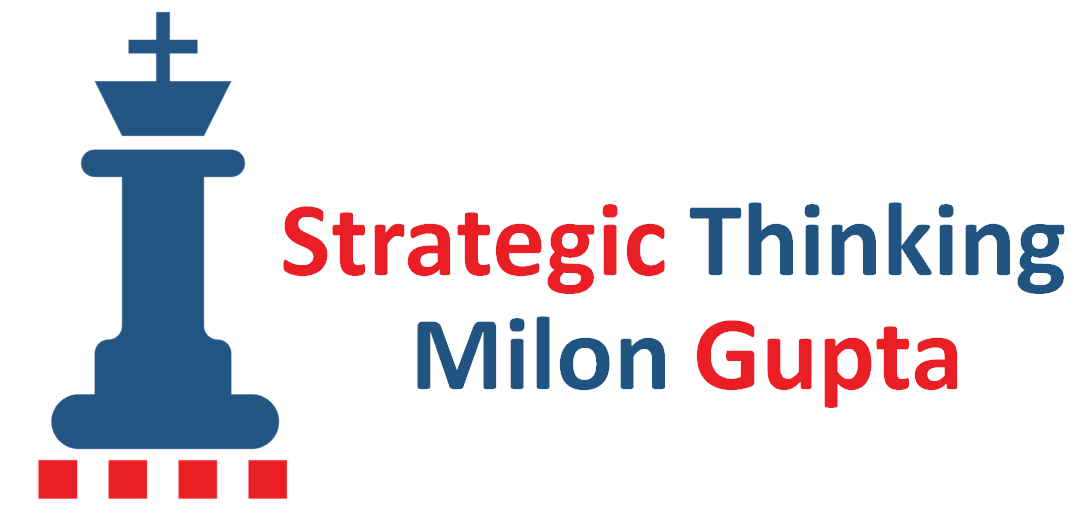Game 10 of the world chess championship match between Magnus Carlsen and Sergey Karjakin was a tragicomedy of errors. In a slightly better position, Carlsen gave up his advantage through an inaccurate exchange of bishops in move 19. After that, Karjakin missed two opportunities for immediately forcing a draw. In view of his one-point lead in the match, this would have been good for him. Instead, he had to defend a worse position in the endgame. After a long defense, Karjakin lost through a serious mistake in move 56, which allowed Carlsen a decisive breakthrough to even the match score (5:5).
In the press conference after the game, Karjakin was fully aware, what his decisive mistake was and how he could have played better. Top chess players like Karjakin and Carlsen make much less decisive mistakes than other players. And if they do, they immediately analyse their mistakes and find out why they blundered and how they could have played better. Facing their mistakes with the utmost objectivity and constantly improving their play from game to game enables them to stay at the top in a highly competitive environment.
Business lesson
Even the highest-performing executives make mistakes. In contrast to top chess players, many executives do not endeavor to face their mistakes with objectivity. In many companies, openly admitting mistakes is not encouraged. It could hurt the career of executives doing it – or at least they think so.
Furthermore, causes and effects as well as responsibilities for mistakes are usually distributed among different people. That makes it easier to deny responsibility for business decisions gone wrong. However, at the same time, it makes it impossible for a management team to learn from their collective mistakes and improve their decision making.
Thus, executives need to face their mistakes both individually and collectively. They should take the time to analyse decisions that have led to unintended results, like Carlsen and Karjakin do after every game. And they should create a corporate climate that supports the constructive analysis of mistakes. Executives and companies who proactively face their mistakes have the ability to correct their course of action in time. They will be more successful than those who avoid facing their mistakes.
